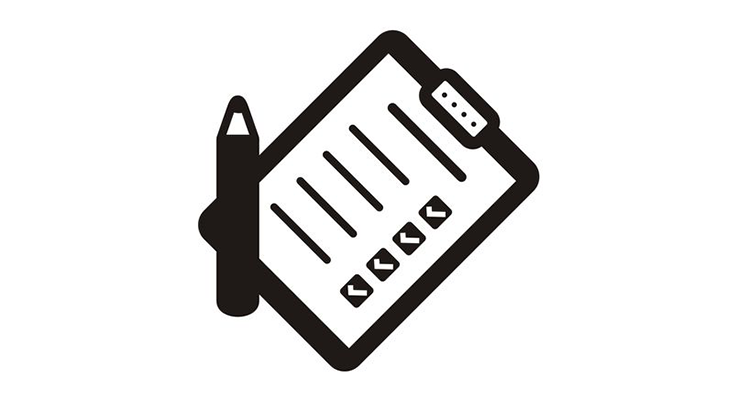Identifying Your Customer’s Needs

I love it when I read something that really gets me thinking. This is what happened with Mark Coxon’s recent article “Saving the Office Park.” It is a short but worthwhile read. In it, Mark suggests that instead of finding circumstantial reasons (to keep the cafeteria employed) to have people back in the office, or the simple because I said so, we should be designing spaces and environments for what the business and the employees actually need. Mark argues for listening to employees, reading the culture and digging deep and learning what is missing in any environment (remote or in the office), and fixing that problem.
One of the things that has struck me — and Mark alludes to this — is that there are people who make global proclamations such as “it is about time people realize that working from home is what everybody wants” and “people will quit en masse if you require them to be back in offices.” Of course, the other side has its own prognosticators, “work can not get done from home; people are not efficient enough.” In reality, none of these are correct, as hyperbole often is not. When people in our industry make comments like this, it makes me wonder how they deal with their own customers. When talking with a client, do they tell that client what the client needs (which is really what they want to sell), or do they actually listen to the client?
I see similar behavior when vendors and manufacturers host talks on “the Future of Education” and there is not a single person on the panel from any type of educational institution. Some of this behavior is simply wanting to sell a specific product, but I believe that a lot of it is a result of the overconfidence effect. The overconfidence effect is a phenomenon in which people tend to be more confident in their abilities and knowledge than they are. The more confident they are, the more likely they are to be wrong.
A recent Harvard Business Review article digs into the concept of learning what your customers actually want. By making that determination, you can innovate and deliver truly unique products to your customers. While the article never refers to the overconfidence effect, it discusses in detail how people in every industry can fall into a trap where they are no longer perceiving customer needs, and therefore no longer innovating. In fact, HBR used a quote Intel anthropologist Ken Anderson told the “Atlantic,” saying that “Technology companies as a whole are in danger of being more disconnected from their customers than other companies are.” The authors of the article also say, “Engineers often fall in love with technology for its own sake and incorrectly assume that users will too.”
My guess is that the average reader will read the above quotes and think, “yeah I know a lot of people like that, but that is not me.” I encourage you to sit back for a moment and give it some thought. Is that true, or is that the overconfidence factor? Are you overconfident in your ability to see what your customers need? Are you overconfident in your ability to determine how an office should be designed and whether one is even needed to begin with?
I think if we are being honest with ourselves, many of us will see areas in which we are overconfident. In my own situation, I would often talk with faculty and think about my own training to be a teacher and therefore think that I knew something about what it takes to teach. In reality, I have not been a teacher in a classroom for over 20 years, and I have not been a student in a classroom for over eight years. Additionally, while I have worked in the educational field, and the technology field my entire career, I am not trained in human behavior, or studying human behavior. The HBR article points out that Microsoft is the world’s second-largest recruiter of anthropologists (second to the U.S. government). Why? Because anthropologists are trained in studying and understanding human behavior and culture.
At the risk of proving my own words wrong, I think the only thing that we know for sure from the last few years, is that things have changed. How they changed, what the future will look like from those changes, and how we adapt to those changes is yet to be determined, and once we fully understand this, it will change again. It makes me wonder how many of our organizations have someone available to them, either on staff or on retainer, that can help them understand these changes. Mind you — this is not a “futurist” or a “technologist” but rather a person who can go into an environment, and study what works and what does not work. They should study the problems that exist, and how people at the organization may think they have solutions, but do their behaviors really exhibit that such a solution would work? I don’t think these people necessarily need to be trained anthropologists, but they need to be people who truly have these skills.




